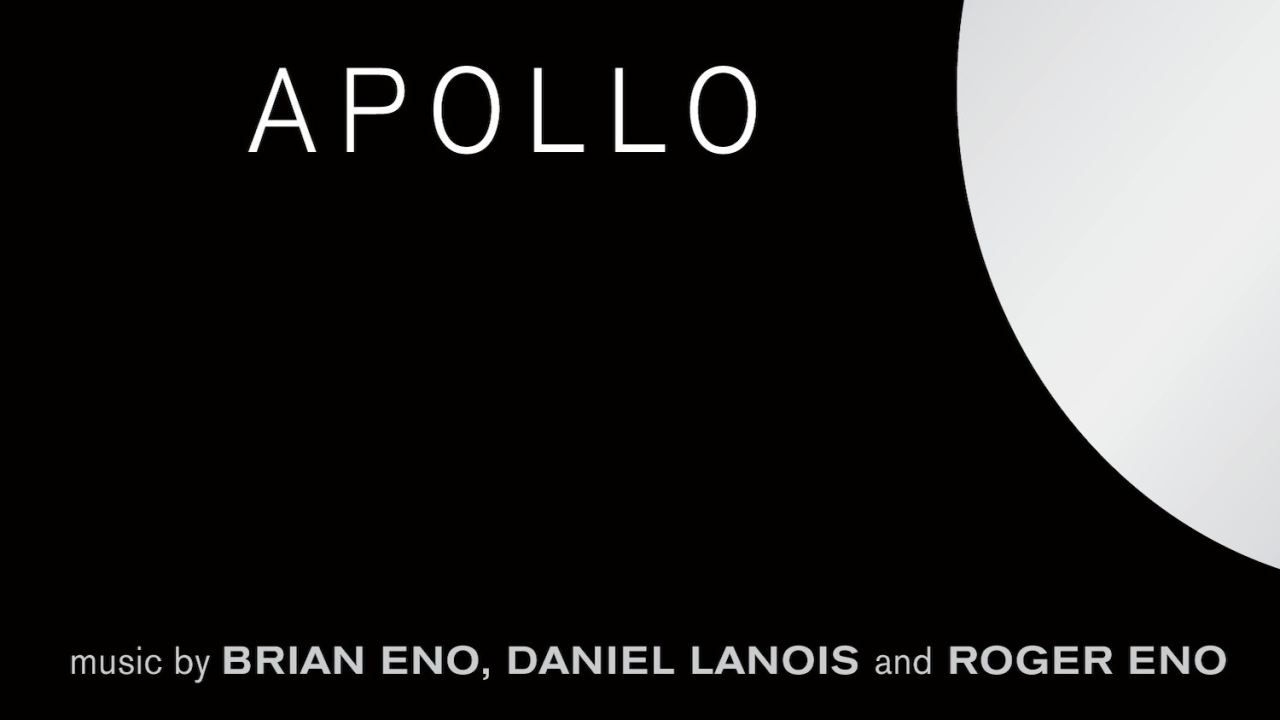You can trust Louder
Apollo: Atmospheres And Soundtracks was an album made by Brian Eno, his brother Roger and Daniel Lanois in 1983. It was originally recorded for a documentary about the Apollo moon missions, For All Mankind, first screened in 1989. Twenty years later, for the 40th anniversary of Apollo 11 and the first lunar landing, London’s Science Museum commissioned a version of the Apollo tracks. It would be played live to a silent version of For All Mankind at the massive IMAX cinema within the museum by the experimental 12-piece band Icebreaker and featuring BJ Cole, celebrated pedal steel guitarist for everyone from T Rex to The Moody Blues.
Icebreaker have performed Apollo many times around the world since, but only now has it become an album, and old Chrome-Dome has given it his seal of approval. It makes a strange kind of sense.
With its combination of keyboards and pedal steel, pan-pipes, saxes, accordion, drums and percussion, this rendition is a hybrid of electronica, country and classical, but it isn’t that far removed from Eno’s original conception of the album. Apollo was, he joked, an attempt to write ‘zero-gravity Country & Western’, because that was what the astronauts listened to on board as they whiled away the long hours between earth and deep space.
But the connection between the cosmic and country is made stronger by the revelation that two of the tracks, Deep Blue Day and Weightless, were devised as country and western-inspired ambient pieces, and the realisation that space and America were similar frontiers for brave individuals to explore, with spacemen the latter-day cowboys with pioneer spirit.
So much for the intent, what about the content? Apollo is 50 minutes of gently riveting music, complete with passages of dramatic stillness, that attempts to capture the majesty and scale of the event and magnificence of the achievement, while also containing a sense of the sadness that the era of space exploration is now past. An Ending (Ascent) I is almost pastoral in its calm contemplation, inviting descriptions of not riffs and licks but eddies and whorls, like looking down on a topographic ocean.
Some of it, such as The Secret Place, you will either find dull or compellingly resistant to the idea of the cheap thrill. Under Stars II is serene with a hint of foreboding, while Matta takes a turn for the dark. If it had a lyric, Silver Morning could be a country ballad, a Gram Parsons weepie perhaps, but closer Always Returning is the poignant peak. It’s the one that really makes you long for the days when Saturn V meant more than The X Factor.
Sign up below to get the latest from Prog, plus exclusive special offers, direct to your inbox!
Paul Lester is the editor of Record Collector. He began freelancing for Melody Maker in the late 80s, and was later made Features Editor. He was a member of the team that launched Uncut Magazine, where he became Deputy Editor. In 2006 he went freelance again and has written for The Guardian, The Times, the Sunday Times, the Telegraph, Classic Rock, Q and the Jewish Chronicle. He has also written books on Oasis, Blur, Pulp, Bjork, The Verve, Gang Of Four, Wire, Lady Gaga, Robbie Williams, the Spice Girls, and Pink.


